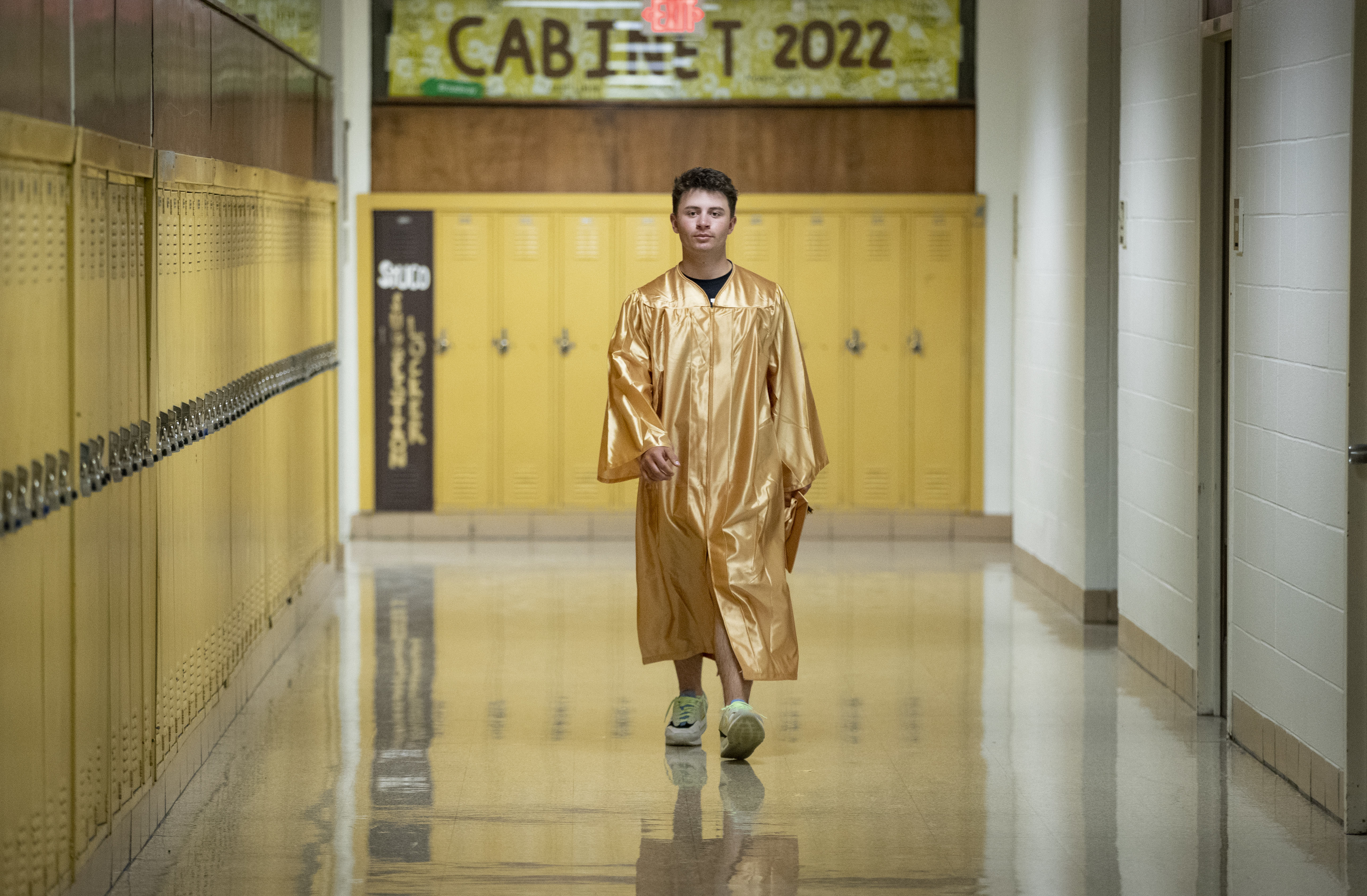
Cross
Cross
Class of '22High school baseball, golf standout faces cancer twice
Cross wears No. 33 on his baseball jersey. He has an impressive earned run average this season: He’s allowed only one run in 21 innings at play. In golf, he shoots one or two over par. And he has a 4.0 GPA.
For any high school student athlete looking at potential college scholarships, stats are important. But the two most meaningful numbers in Cross’ life are tattooed on the inside of his bicep — his and his sister Creighton’s patient numbers from their time at St. Jude Children's Research Hospital.
The five-digit numbers, inked in black, are separated by a cross to symbolize his faith.
“It symbolizes that I can conquer anything,” Cross said. “I can be anything I put my mind to. … That was the deepest hole I’ve ever been in in my entire life, and I was able to come out of it and be stronger in the end.
“Nothing is too hard. Everything is accomplishable.”
Nothing is too hard. Everything is accomplishable.
This two-time cancer patient and soon-to-be high school graduate says his experience with cancer hasn’t affected his lifestyle but has influenced his perspective. He’s appreciative of the little things and is a bit more forgiving of people.
But to understand where the two-sport star athlete is going — to college on a golf scholarship with plans to become a doctor — it’s important to know where he’s been.
In 2005, Cross wasn’t quite 2 years old when he started having stomach pains. After lots of tests, a scan finally revealed a central nervous system tumor in his abdomen that wrapped around his aorta.
The prognosis was grave: A social worker stood in the hallway with pamphlets about hospice. But his parents, Ashley and Brian, refused to take them. Instead, they took their son to St. Jude.
Doctors recommended a new protocol. As part of his treatment, Cross received 13 rounds of chemotherapy, and underwent a 12-hour surgery to remove the remaining tumor. He had 17 rounds of radiation therapy, as well as an autologous bone marrow transplant — one using his own cells.
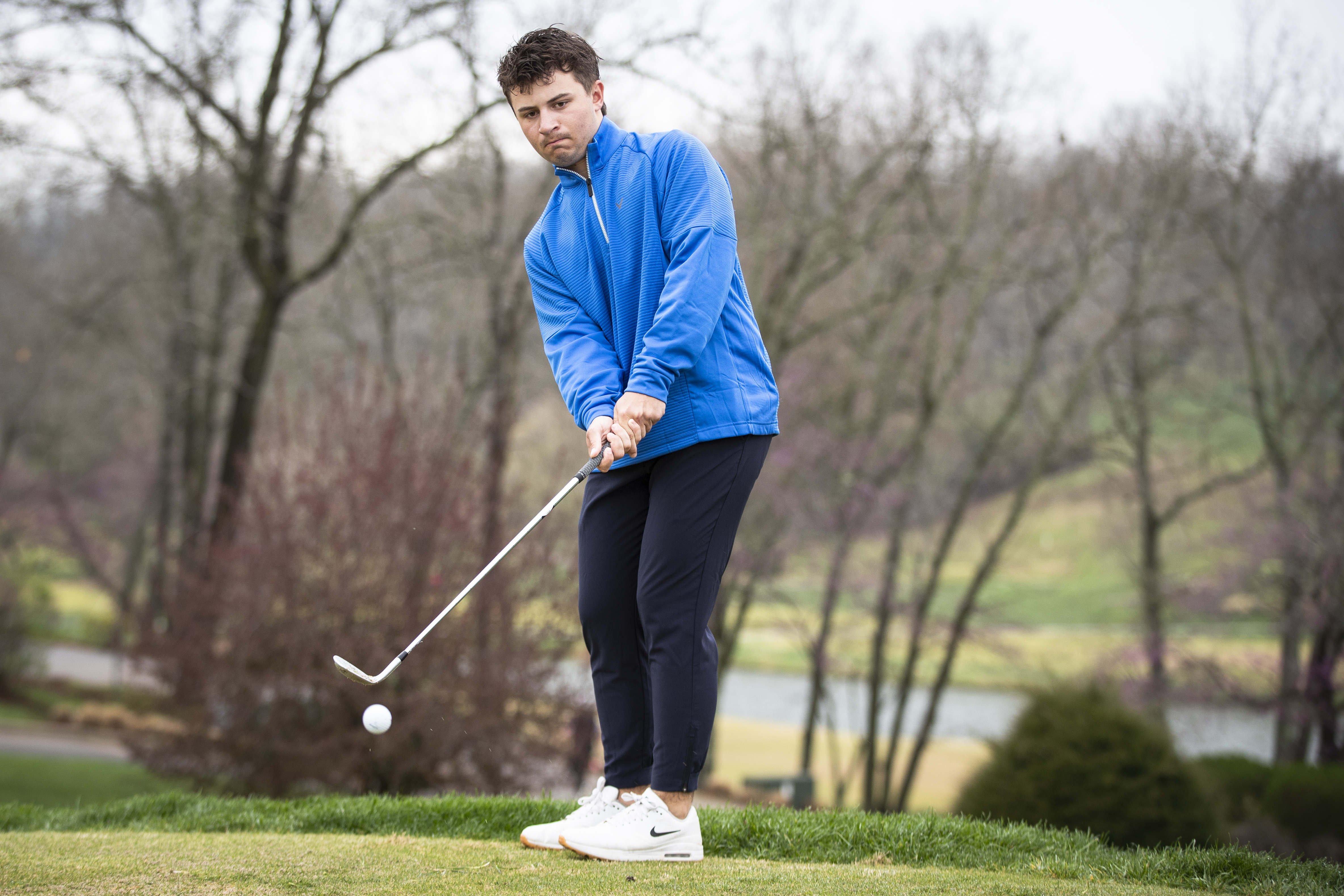
The treatment worked, and Cross went home.
For the next 15 years, he was cancer free.
But in 2020, Cross started complaining about sores in his mouth. He didn’t feel run down. In fact, he made a national scout baseball team after a five-hour tryout. But the sores wouldn’t heal despite rinsing his mouth with salt water. That was a red flag for his mom.
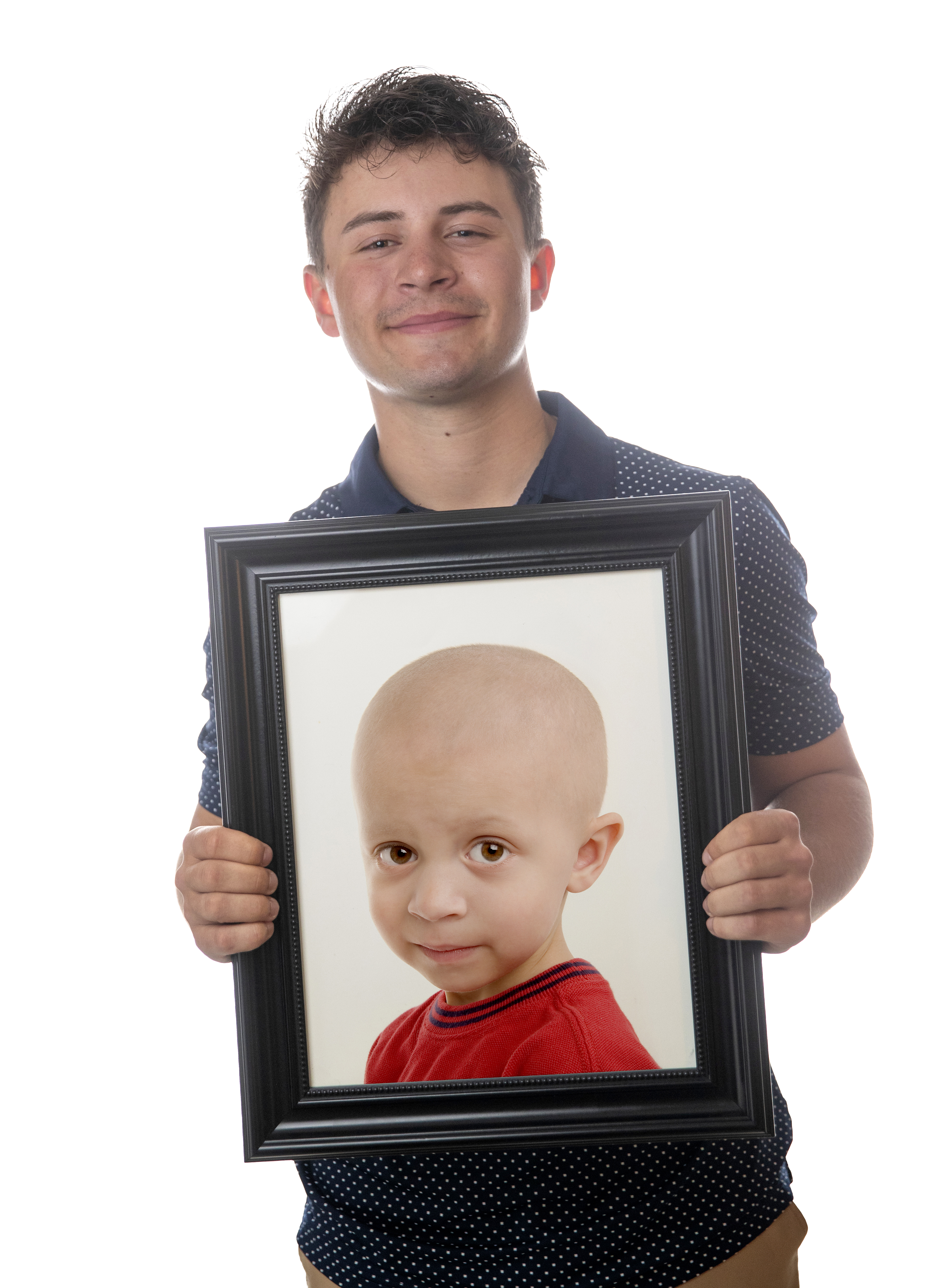
So, she took him to get labs, and they showed Cross was anemic.
St. Jude doctors said it would be best for Cross to have a bone marrow biopsy.
The next day, Cross' family sat in their living room with speakerphone on the coffee table when a St. Jude doctor told them the grim news. Cross had acute myeloid leukemia.
Cross began to cry and watched both of his parents cradle their heads in their hands.
Cross only had memories of his parents’ stories of the first go-around at St. Jude. Now, he’d have his own, and he knew the treatment would be hard, the odds slim.
“Toward the end of the day, I kind of got tired of crying and feeling sorry for ... myself,” he said. “And so, I decided to take a different mindset on it and put all my trust in God. And knew that I had to go down there and get to work and start the healing process immediately.”
After just one round of chemotherapy, doctors found no evidence of disease. Now they needed a bone marrow donor.
Neither Ashley nor Brian was a perfect match. His sisters, Creighton and Crosby, weren’t either. A worldwide database found one perfect match — in Germany. But he couldn’t travel because of COVID.
"
Toward the end of the day, I kind of got tired of crying and feeling sorry for...myself
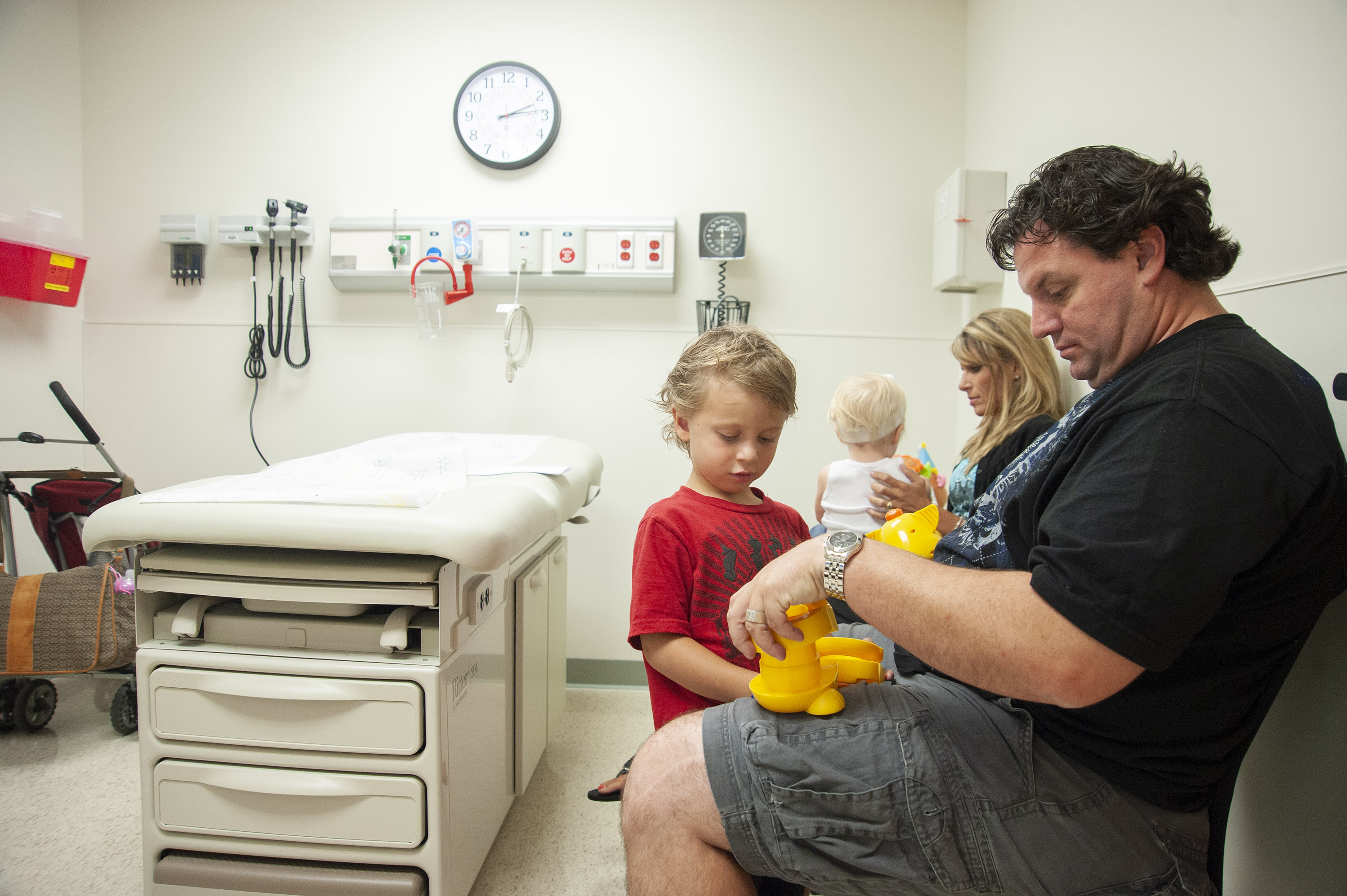
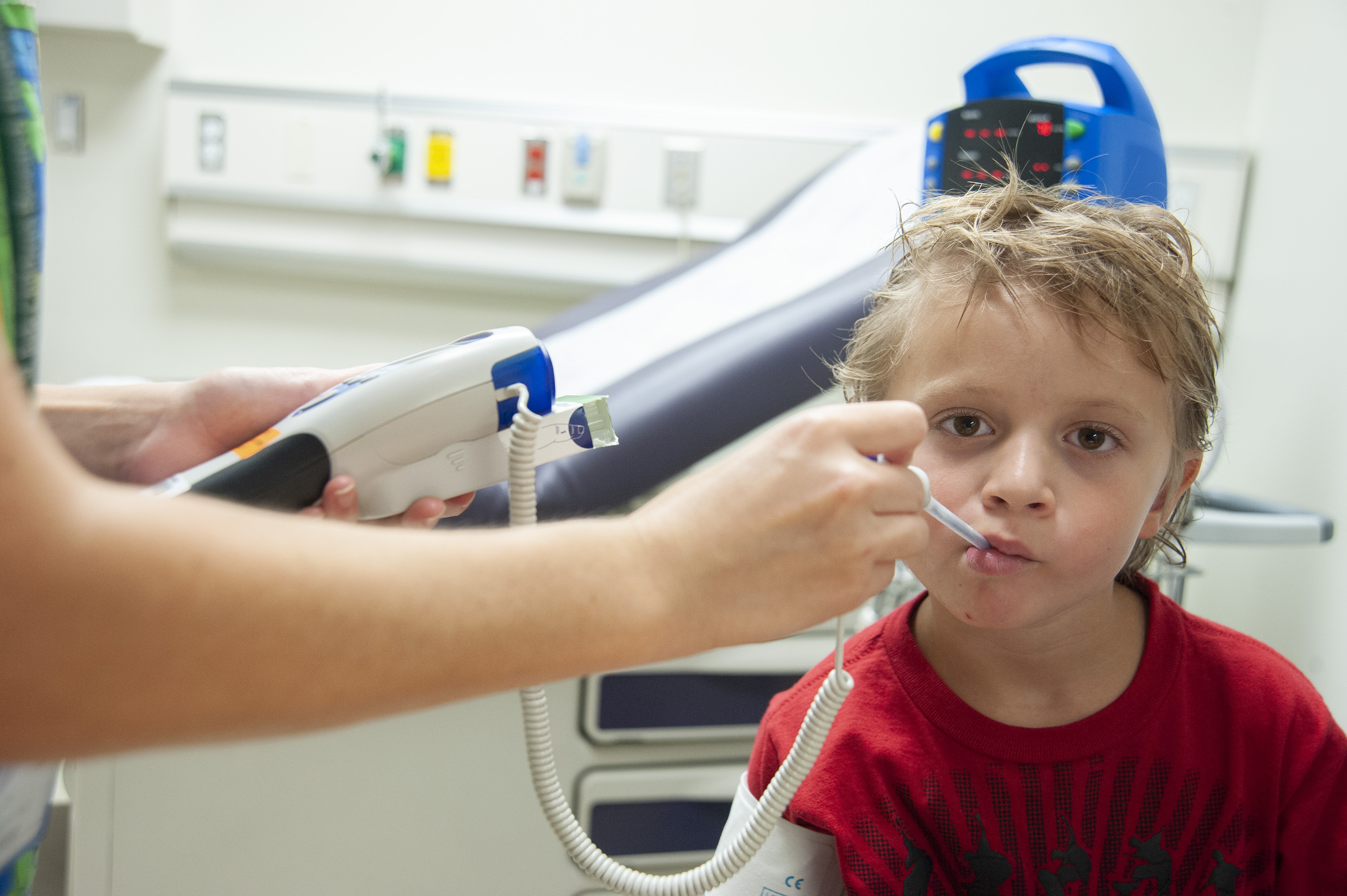
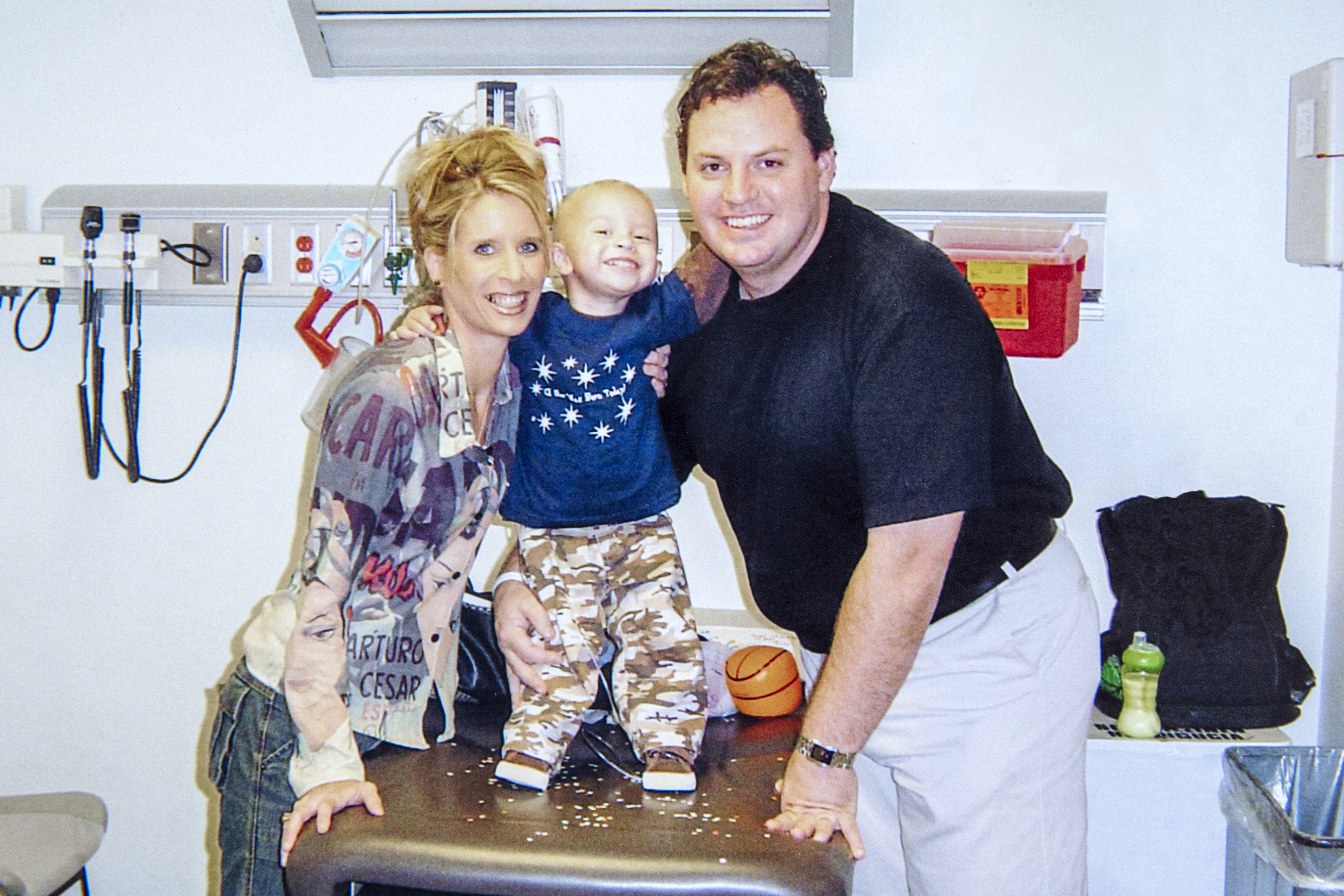
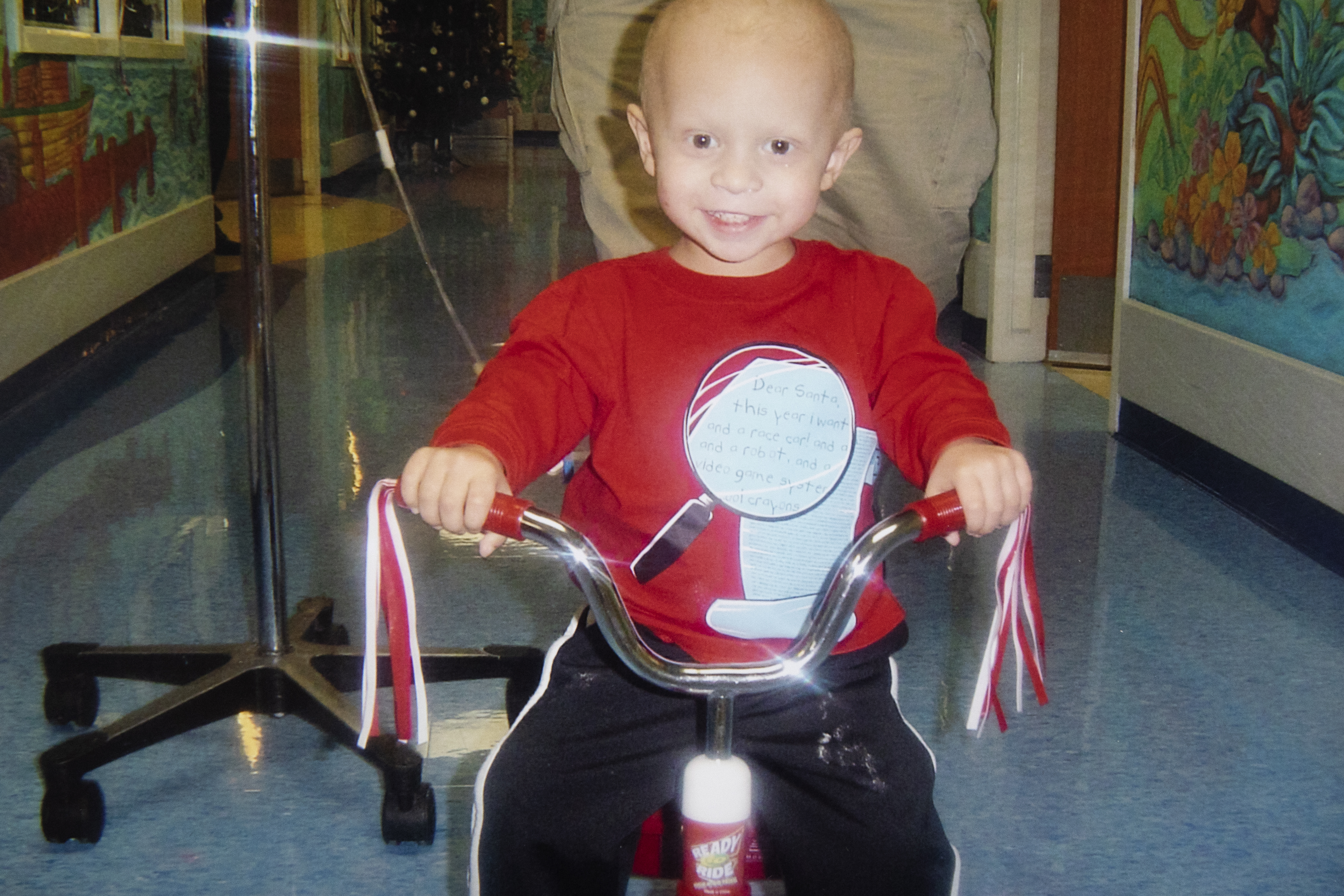
St. Jude doctors decided to do a haploidentical bone marrow transplant using his 12-year-old sister Creighton’s bone marrow. She was a partial match.
The transplant was a success.
Cross asked for a stationary bike in his room. He walked miles in the hallways with his IV pole. Cross was so determined to get out of the hospital and back to baseball that he asked his doctors what the record was for a patient to get out of the hospital after a bone marrow transplant.
It was 14 days, they said. Cross left in 13.
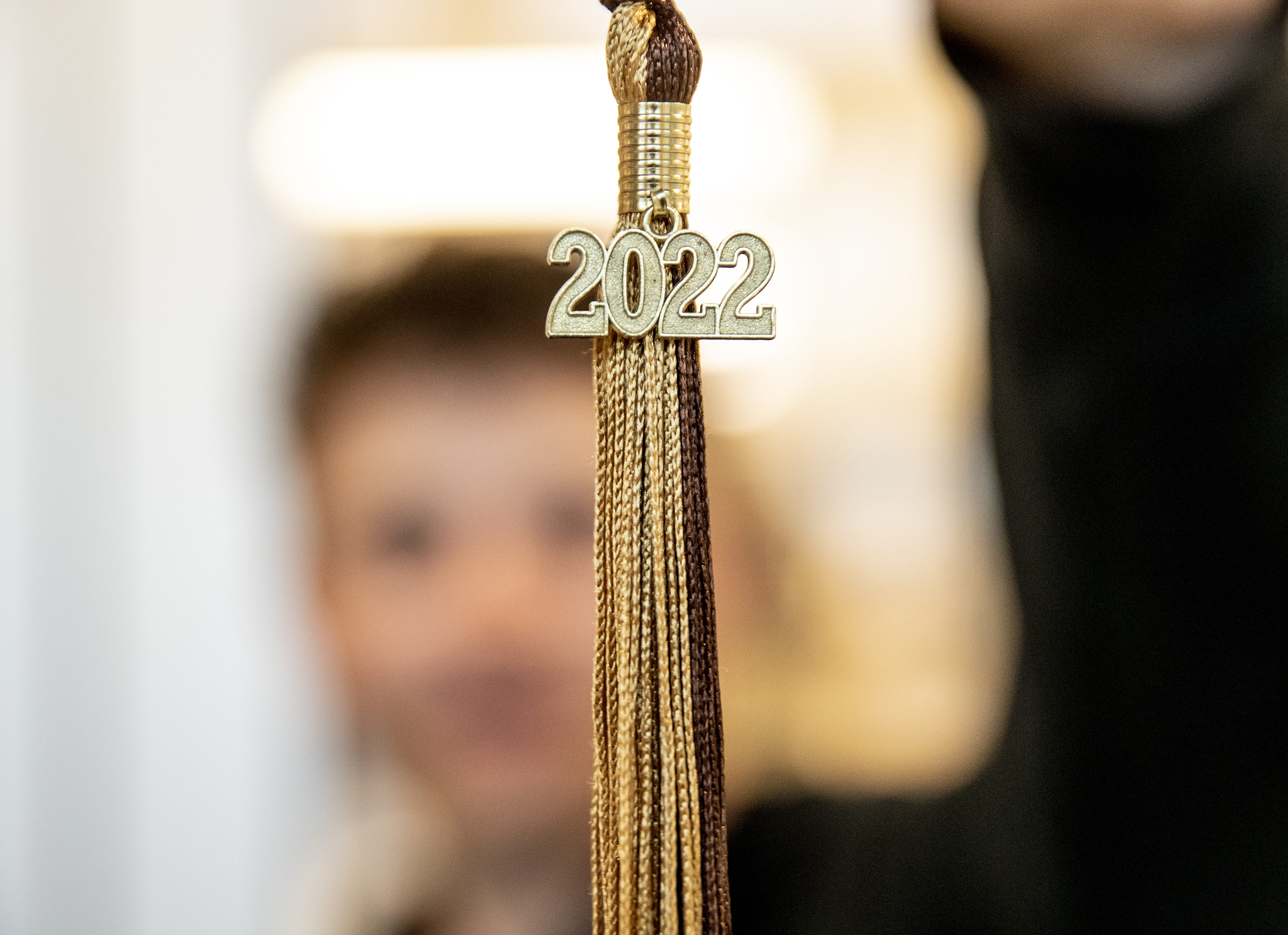
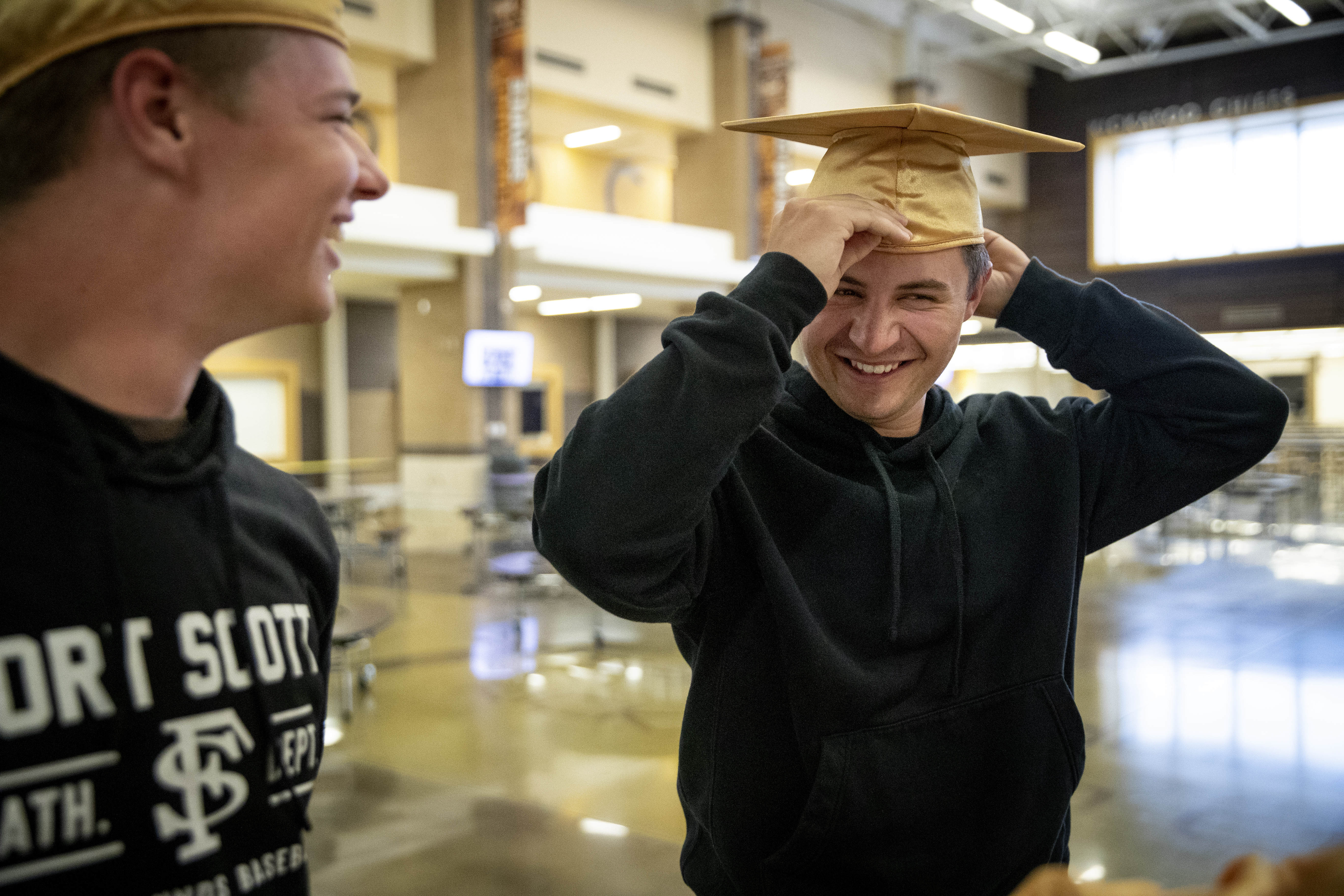
Cross had lost about 30 pounds and was weak. His baseball swing wasn't as powerful anymore. But he was determined to keep in shape while doctors monitored his numbers in Memphis. So, he hit hundreds of golf balls every day.
It helped him pass the time and gain strength.
That’s how Cross approaches life — faithful, determined, resolute.
Cross has been back in Missouri for about a year, and his checkups still show no evidence of cancer. He’s back to playing baseball with his team but has decided to focus even more on golf. He got so good in Memphis, in fact, that his dad entered him into local and regional tournaments back home. And he won.
So, instead of a baseball scholarship that so many thought he’d go after, Cross has accepted academic and athletic scholarships for golf. He chose to attend Rockhurst University because it has a pre-med program with automatic entry into medical school. He wants to be an orthopedic surgeon in sports medicine.
“Because of my diagnoses, I know what they’re feeling,” he said of his future patients. “I know it’s a scary time for them. And it’s going to feel amazing when I help them.”
He also wants to be a kind, good man who appreciates his family and follows God.
That’s already evident.
Cross and Creighton have a special connection that’s deeper than what’s symbolized by the ink marks on his bicep.
It’s in their bones.
Signing a yearbook is a time-honored tradition. Be a part of the St. Jude Class of '22 by writing a brief note in our digital yearbook!
